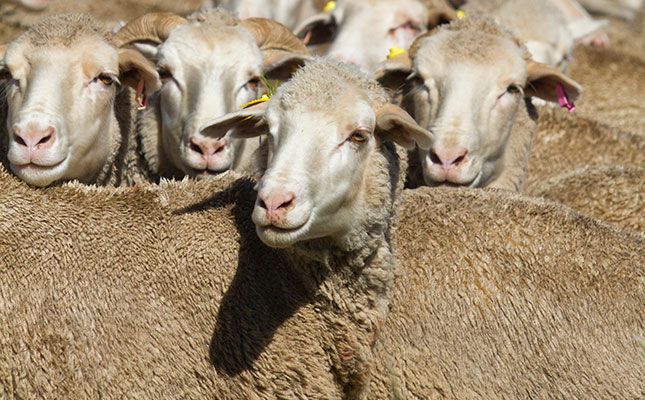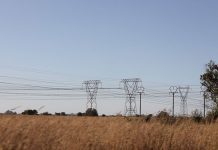
Photo: FW Archive
An inspection that was carried out on behalf of the Red Meat Industry Forum (RMIF) found that the feedlot facilities being used to keep sheep destined for live export by sea, and the ship that will be used to transport the animals to Kuwait and the United Arab Emirates, were in compliance with World Organisation for Animal Health (OIE) standards for animal health and welfare.
The inspection was done by two veterinary health and welfare experts, according to a joint statement issued by Agri SA’s president, Pierre Vercueil, and Red Meat Producers’ Organisation (RPO) chairperson, Koos van der Ryst.
READ ‘Shipboard livestock exports aim to advance new farmers’
“In [the experts’] opinion, both the ship and feedlot are compliant. The RPO, as a member of the RMIF, has been furnished with documentation and reports relating to the previous two [live sheep] shipments [undertaken] by Al Mawashi from South Africa. Government officials tasked with ensuring [animal health and welfare] compliance have indicated in these reports that the OIE standards have been complied with,” they said.
After having exported approximately 120 000 live sheep by sea from South Africa since late 2019, Kuwaiti company, Al Mawashi, had since been prevented from exporting a third shipment, due to an interim interdict obtained by the National Council of Societies for the Prevention of Cruelty to Animals (NSPCA) from the Grahamstown High Court.
The NSPCA cited allegations of a range of animal health and welfare violations during the previous two shipments, as reasons for it seeking a permanent legal ban on any further livestock exports by sea from South Africa.
The Grahamstown High Court is due to hear the NSPCA’s application on 6 August.
Al Mawashi South Africa’s managing director, Ilyaas Ally, said that the inspection covered the Castledale Berlin feedlot in the King Williamstown area, and the Al Messilah livestock transport ship currently berthed in the East London harbour.
He added that Al Mawashi South Africa had invited the NSPCA to accompany the experts during their inspection, but said that “the NSPCA was not present for the inspection, which was unfortunate”.










